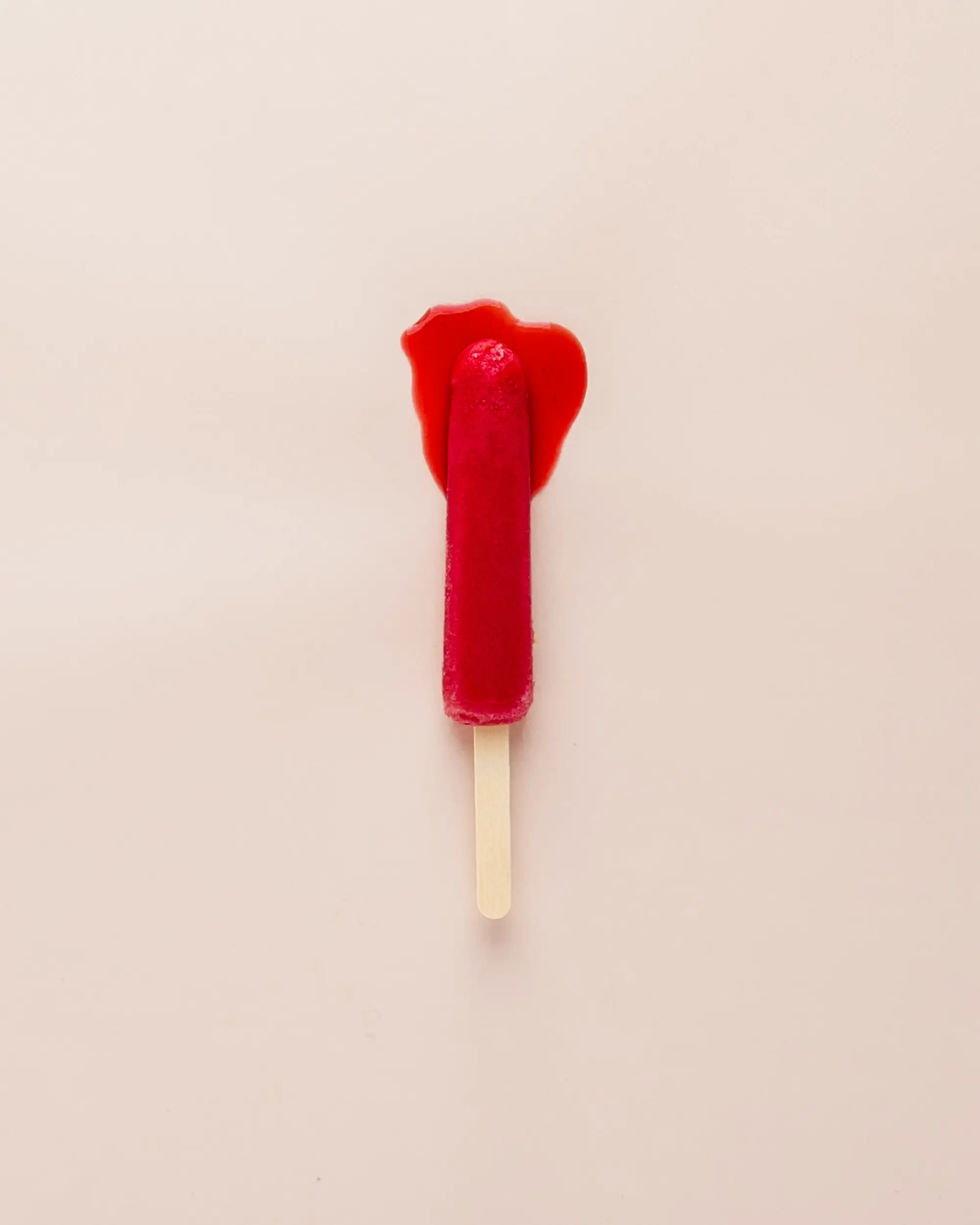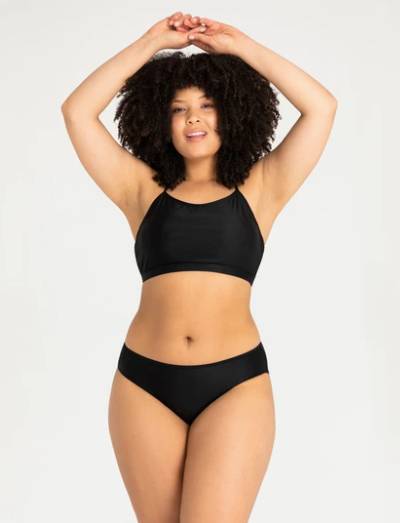So, what are periods or menstruation, is it just blood? Nope, but a lot of it is. It’s also called vaginal bleeding, something that occurs every month. What we call menstrual blood is both blood and tissue from inside the uterus.
That sounds a little scary, but when you learn just a bit more about it you’ll see that it’s not.
Why do women have periods?
Because of babies. The female body prepares for pregnancy every month. If that doesn’t happen the womb shed it’s lining (the preparation for a baby).
It all starts with hormones. The ovaries releases the hormones estrogen and progesterone. They are chemical messengers telling the womb to start building up the lining. This is where the fertilized egg then can attach. No egg, the lining i shed.
The next month, we do it all over again.

When do girls get their periods?
Most periods starts around the age of 11 to 14. With that said, there’s nothing weird or unusual to get it sooner or later than that. I got mine at 16. It usually takes about 2 years for the period to come regularly.
You’ll probably get your period every month until you’re about 45 to 55. Then menopause hits and your period stops. The ovaries stop producing the hormones causing the build up of lining and therefore there’s no more periods. That obviously means you can’t get pregnant any more.
How long does a period last?
This is also very individual but the literature says an average of 3 to 5 days.
The thought of bleeding for days may feel scary, but you only bleed a few tablespoons of blood in total. Considering we have 1.2-1.5 gallons of blood in our bodies, there’s obviously no need to worry about bleeding to death. With that said, we should make sure our iron levels are good.
All this means that you probably will need to change your protection 3 to 6 times a day. It doesn’t take long before it’s a habit, a normal part of being a woman.
Pads, tampons, menstrual cups or period pants?
What should I use? Well, that is up to you. If you unsure, here’s some pros and cons to consider.
Pads
- Easy to use, change and through in the trash
- Good for travels
- Can give a “wet” feeling
- Not good for the environment
- Can use all night and all day
Tampons
- Easy to use and very discreet
- Comfortable
- Can swim with it
- Don’t use if you have some kind of problem or infection
- Not good for the environment
- Dangerous to use for too long (not more than 6 hours/tampon)
Menstrual cups
- Great for the environment, reuse for years
- Good investment, just one time cost
- Difficult to get a hang of in the beginning
- Can use it all nights
- Very discreet
Period pants
- Discreet, looks just like normal underwear
- Great for the environment, reusable for years
- Good investment, cheaper in the long run compared to disposables
- Can wear all night and day, no
- A little challenging for travels
If you want to know more about period pants, check out the article Period proof underwear for girls – comfortable, safe & cute. Lots of great tips on where to find the best ones.

What is the menstrual cycle?
What it means to be a woman is both fascinating and exhausting. We go through constant changes and hormone processes throughout the month.
In short the menstrual cycle has 4 phases
- Menstruation – the lining of the uterus is shed (bleeding through the vagina)
- Follicular phase – hormone stimulate the ovary to make follicles, one follicle houses an egg and the others die. This growth causes the uterus lining to thicken.
- Ovulation – one of your ovaries releases an egg, usually mid-cycle
- Luteal phase – the follicle breaks when the egg breaks out. It stays on the ovary and turns into what is called corpus luteum. Corpus luteum releases hormones that maintain a thickened lining. If you don’t get pregnant the structure dies and stops producing hormones, causing the lining to fall away. And we’re back at menstruation again.
Any questions?
Now you know what periods or menstruation are, why and how they happen. If you still have questions, you’re most welcome to ask and share in the comments. There are no silly questions.


Leave A Comment